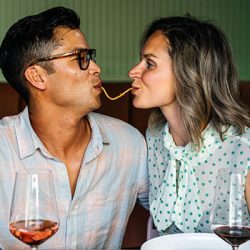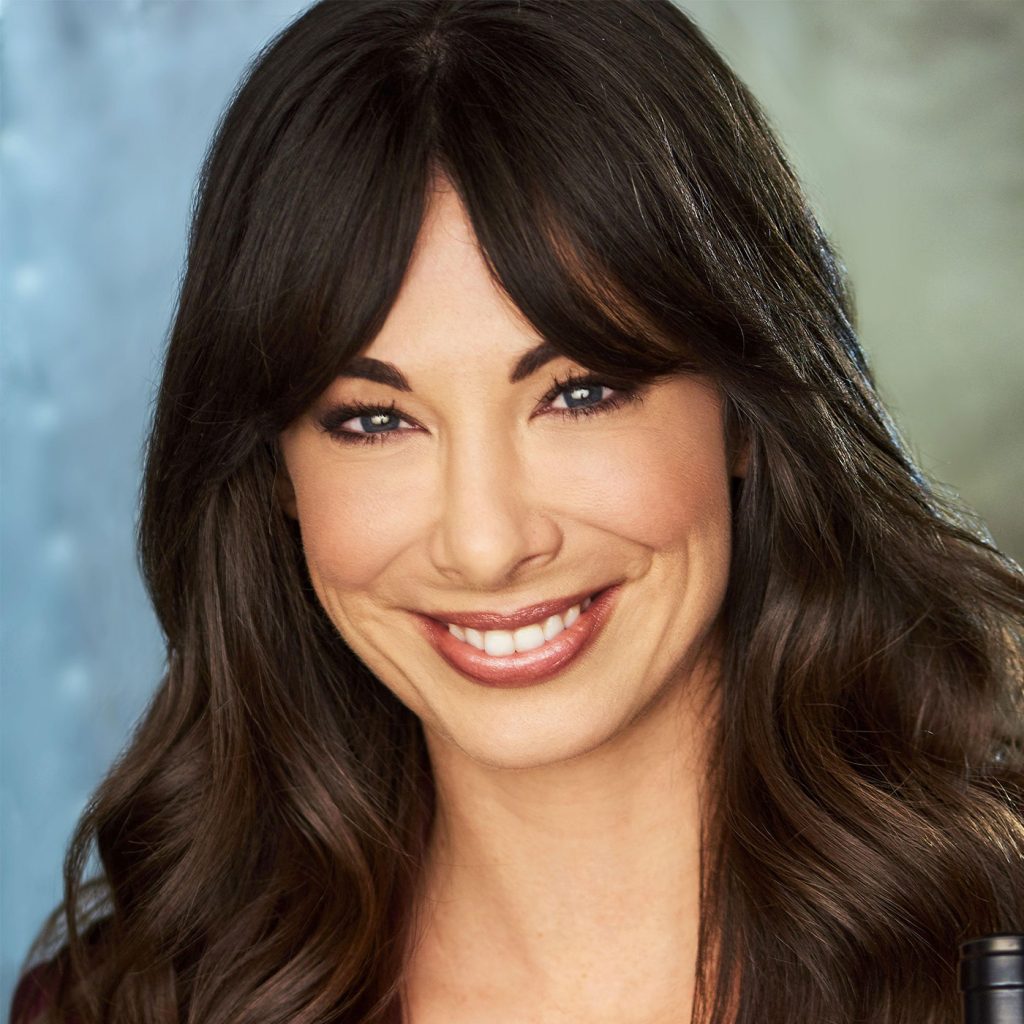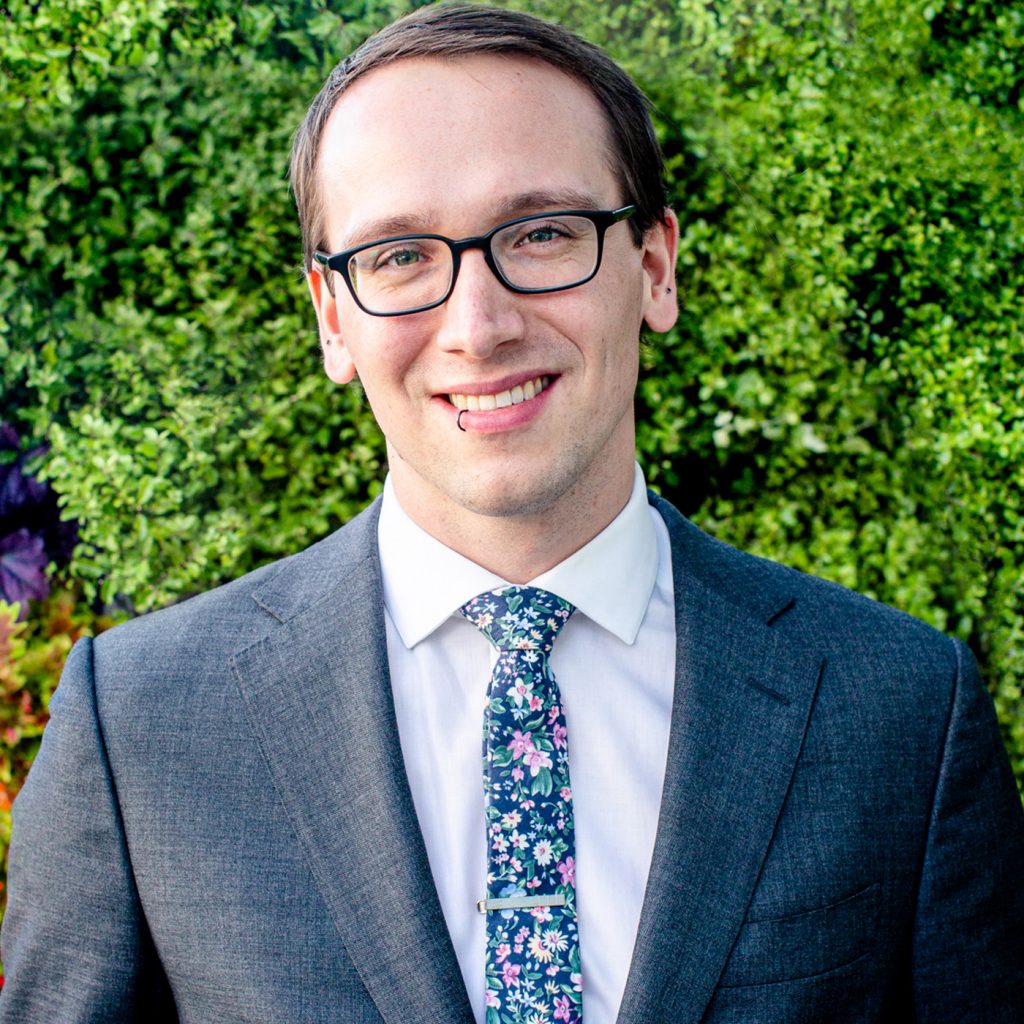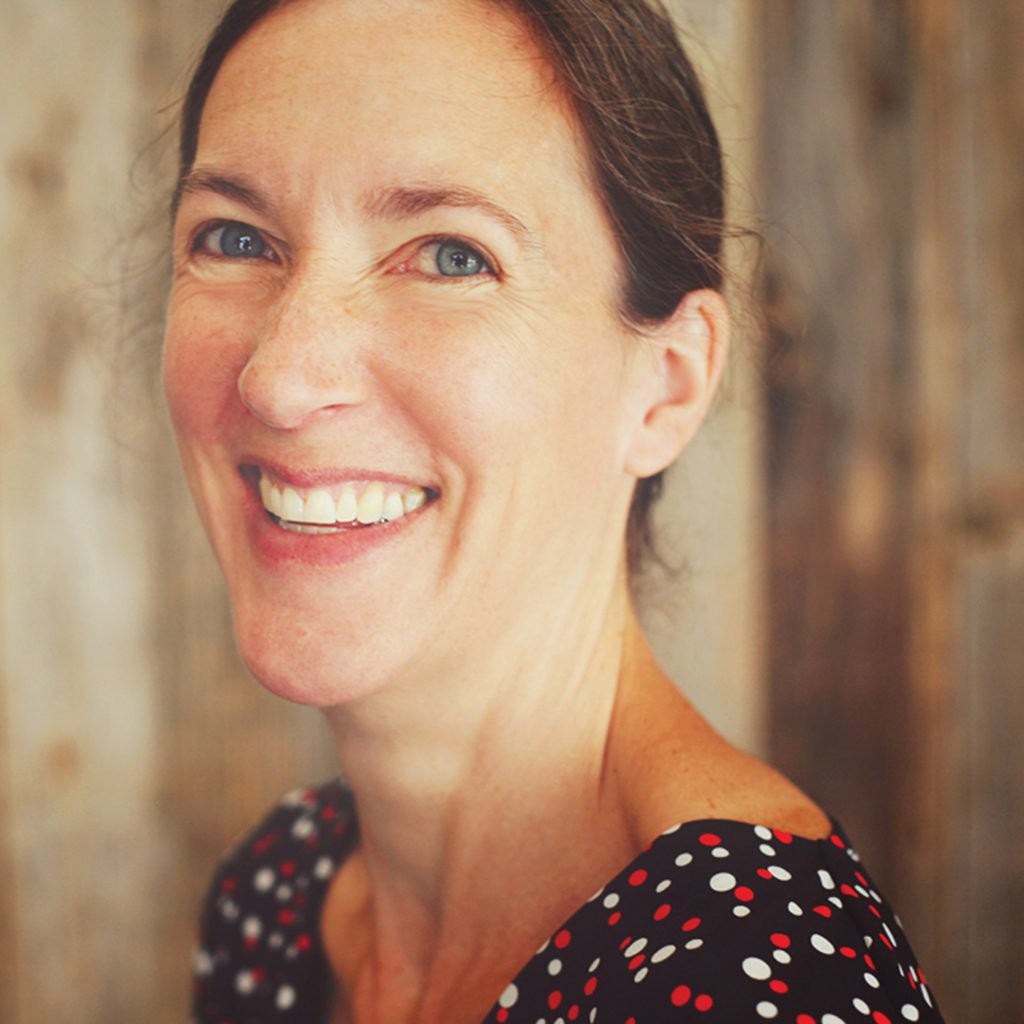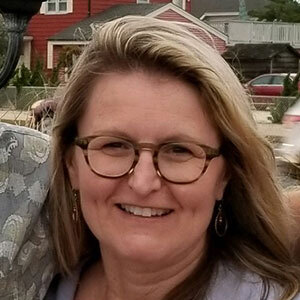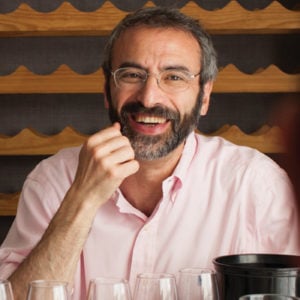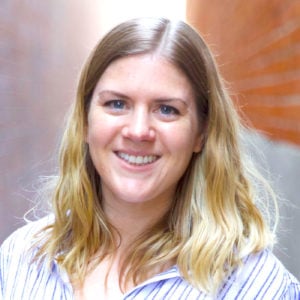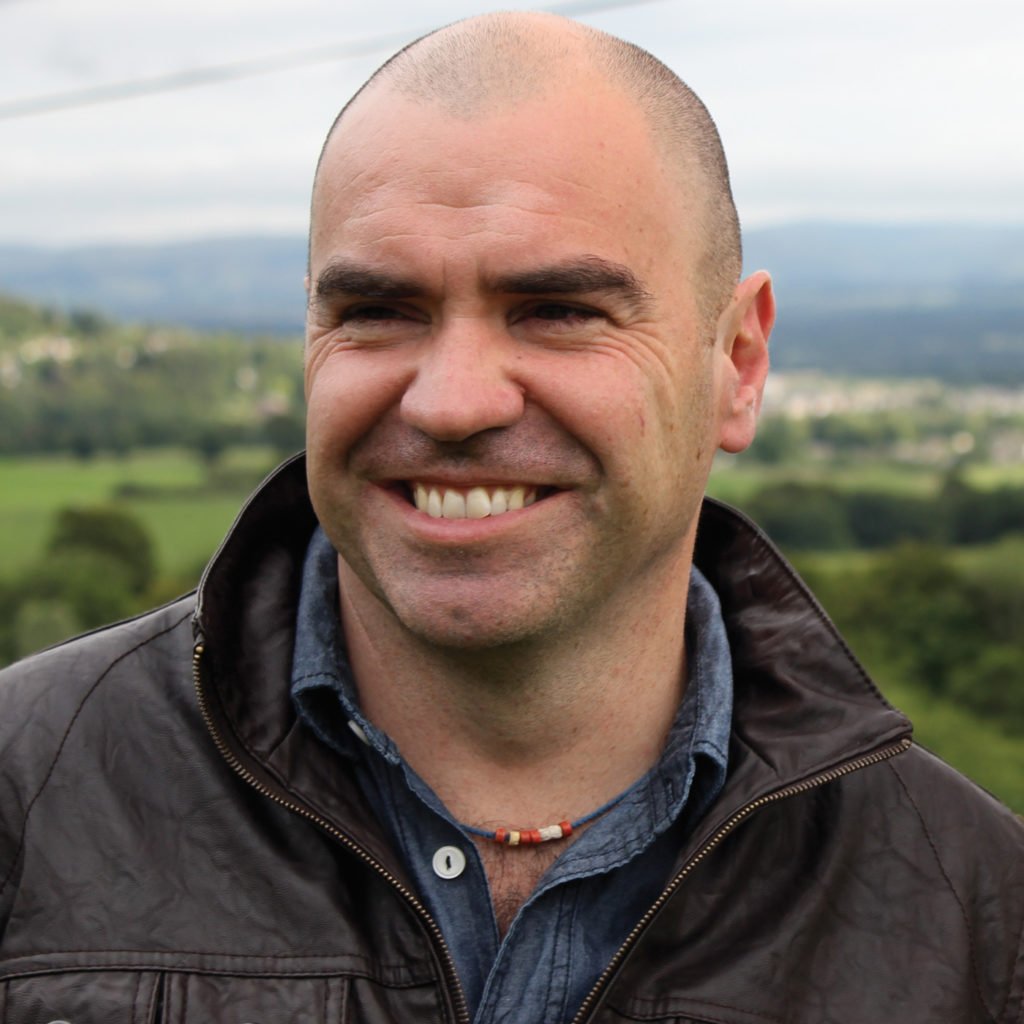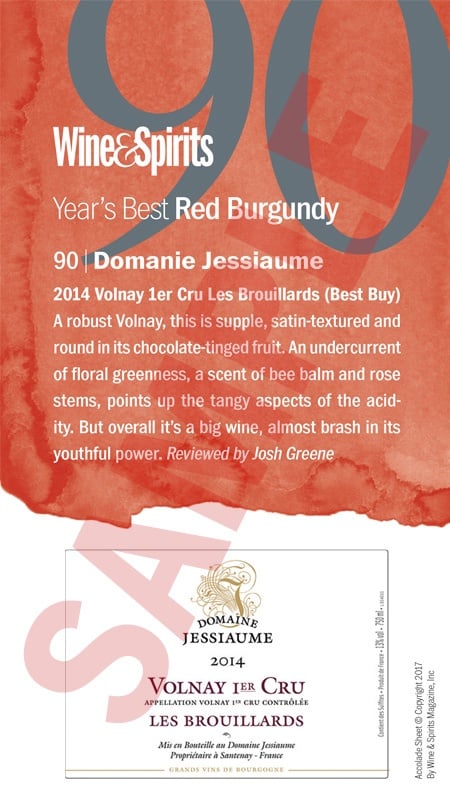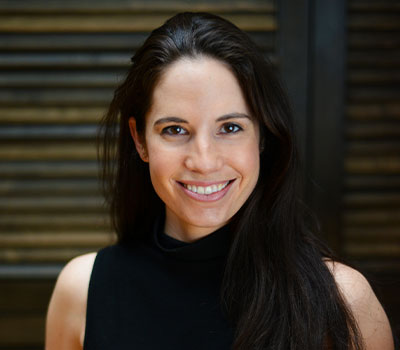

For Kylie Monagan, who runs the wine program at Calissa in the Hamptons, the two years of the pandemic ushered in growth and expansion, the inverse of most restaurants pummeled by the pandemic. Monagan got her start interning at Manhattan’s Amali in 2014 and quickly moved up the ranks to become a partner in Civetta, the restaurant group that now boasts four distinct dining establishments, including the Greek-leaning Calissa in Water Mill, New York. While most city-bound eateries were struggling to keep their doors open, Calissa leveraged its ability to use its outdoor spaces to keep its regulars safe and comfortable. The success of Calissa allowed Amali to weather the storm and even gave Civetta Group the legs to open not one, but two new restaurants. In the summer of 2021, Calissa began hosting a music series that quickly became a destination draw. It was in this environment that Monagan saw large-format bottles and obscure grower Champagnes take off. “When times are tough, that’s when the magic has happened for us,” she says.
2020 was such a crazy situation for everyone, but it feels like in 2021 people started getting into a rhythm. What was your experience?
I think Calissa was a great asset the last two years. Of course, in the city it was a different story. In the middle of the pandemic, that first summer, [the restaurant group’s flagship eatery] Amali closed for renovations. It’s right near Bloomingdales and there was looting going on and it just felt genuinely unsafe for a little while. But Calissa was thriving, so we had that as an option for our staff, which was really great. Anybody that wanted to work out there was able to. We opened two restaurants in the last two years. One is Juniper in Westbury, Long Island and one is Bar Marseille in the Rockaways. It was an odd experience opening two restaurants in the middle of a pandemic, but I think Calissa being so busy and growing so much in the last two years lifted everyone’s spirits and let us be more flexible with how we were operating as a group.
Sounds like Calissa had the opposite experience that most restaurants elsewhere were having.
Yeah, the Hamptons was a bubble during COVID. It was a whole different vibe there psychologically for people—and I’m talking for our staff as well. People were still really safe and very aware of COVID and wearing masks, it wasn’t like a Florida situation—but just to be busy, to have the physical space to be able to serve people outside, where they felt comfortable …. we were social distancing like crazy. The first summer, the tables were ten feet apart. We have this huge outdoor area, and we expanded a lot and added a lot of live music components as well. But because it was summer, it was outside, and it was just much easier operating than in the city which was kind of a dark place for a little while and has been such a rollercoaster. Hopefully we’re at the end of that.
Has your clientele changed over the last year?
Fewer tourists the last couple summers. We had a big European group that would come on vacation every summer, and due to travel restrictions, we had less of that. Typically, we have a pretty good group of year-round locals. We have people who come to both Amali in the city and Calissa when they come out to the Hamptons. A good mix of regulars and people coming out to the Hamptons for the first time. I don’t think it’s changed. I’ve seen tastes and preferences with wine change for the better, but the type of people has stayed the same. The demographic has gotten a bit younger as we’ve introduced more music, more DJs, more nightlife stuff. But we try to make sure the restaurant feels comfortable for any person coming for any type of experience, and it doesn’t feel like you’re in the middle of a club when you’re trying to eat dinner.
Can you talk more about how you’ve perceived a shift in tastes?
Every year we try to push the envelope a little bit with what we’re offering. I’m definitely seeing more people ask for orange wine, for natural wine, for Greek wine. When we first opened, we had a list that was similar to Amali, and it was quite geeky and had a lot of fun stuff on it, and then we ended up just selling a lot of Kistler and certain French rosé brands that people in the Hamptons tend to drink a lot of. Over the years, those weirder, funkier, more fun wines have started to sell more. [Now] people come to Calissa knowing that they can find interesting, more obscure wines, and they come with a more open mind. We have some pretty cool weird Greek wines from Mykonos but also from islands that are more obscure, and we’ll go through cases of a varietal that nobody’s heard of, but they just want to try something new.
On your survey, you mentioned that there was a huge uptick in Champagne sales. I get the sense that people were so ready to have fun and maybe spend a little more money or go out of their comfort zones during the past spring and summer as things started to get back to some semblance of normal. Does that ring true?
The Champagne thing was really crazy. Champagne sales have never been where we thought they’d be in the Hamptons. Maybe on holidays people would buy some. But it was never a big category for us. And then this [past] summer, a combination of people being ready to celebrate and spend money on something special and these concert series that we were doing, we couldn’t get enough. Unfortunately, there was a huge shortage of high-end champagne! But large-format, super-premium grower, you name it. People were just buying a ton of it.
Has your approach to buying changed in the last year?
I’ve always done my best to find higher-end Greek wines while still offering affordable, super quality options and not pick up wine in a category just because of name recognition or price point. I try to gain customers’ loyalty by making sure every wine on the wine list is something I would 100% get behind. It’s hard because in the Hamptons more than anywhere, it’s a very specific crowd drinking the same wines, and a lot of the wine lists look very similar. The Hamptons has a bad reputation for price gouging and marking up to an insane level, so we try to be the opposite of that wherever possible and have a real range of options for people.
Sounds like you’re up against it when it comes to people’s tastes, but you’ve managed to transcend that.
Yeah. We offer a lot of Burgundy and Bordeaux and wines from California, but it’s alongside wines that are in that category but push the envelope a little bit. Provence rosé? Yes, you can have something super pink and juicy from St. Tropez. Or do you want something that’s also delicious, ageable and completely different as another option? Something like Château Simone will always be on the list—hopefully in a vertical with some large formats sprinkled in.
Were there any changes you implemented during shutdown that you’ve wound up incorporating into your current operation?
Calissa was takeout-only during the time that we couldn’t be open for guests, and it completely transformed that part of the business. Before, takeout was not a big part of the business, and we pivoted and created something new, from packaging to thank-you cards, complimentary wines for certain larger orders, pairings. Now we’re not able to sell wine with takeout, but we still like to give it as a comp occasionally to recognize large orders or regulars. We try to make the takeout experience as similar as possible to eating in the restaurant however we can. If someone gets a great order, we throw in a bottle of assyrtiko with a note that says, “We think this will pair well with your Branzino,” or whatever it is they’re getting.
Do you have an anecdote that illustrates the good, the bad or the ugly of the last year?
I’ll start with the good. This past summer COVID was still a thing, but people were really ready to have some fun, spend money on an experience and just have a great time, so we started this concert series, Calissa Sounds. Initially, I was skeptical: “This is never going to work! We’re a restaurant, we’re going to turn into a night club!” It seemed crazy. And we pulled it off. It was such a testament to our team and how hard everybody was willing to work and learn and be outside their comfort zones to make it happen. There were so many moments after one of those crazy nights watching the show happen with concert-level lighting and sound and people having crazy nine-liter bottles of rosé with sparklers attached being brought to their tables where I thought, “Wow, this is legit.” The last two years have been so hard for restaurants, and the psychological part of it has been the hardest. Opening and operating restaurants is so personal, it’s like being an artist. To have success in the Hamptons was so uplifting for everybody and being able to open these two restaurants that are now, as the world is being put back together, seeing success as well…it’s a good thing.
I think the Hamptons has a lot of cliches, and there was a lot of paranoia the last two summers. I remember people screaming at other people not wearing their masks and having to personally run after a 60-year-old man not wearing his mask, trying and failing to get him to leave and having to bring the cops in. That was unfortunate. There hasn’t been a lot of that, but there’s a lot of egos out there and people not caring, or, caring too much.
When times are tough, that’s when the magic has happened for us, and the past two years have been such a testament to that. In addition to Calissa Sounds we now have live music at all the restaurants. I come from a musical family, and I’ve always wanted to have a big music program and of course it’s the year when the budget is the tightest, and it feels like every day is a new crazy challenge that we decide, “let’s go for it.” We have live jazz at Amali and we have a great group made up of Broadway musicians who aren’t playing on Broadway right now, and they come and do arrangements of popular music, and play them on their instruments, and it’s incredible. So just seeing the creativity, the flexibility and the success has really helped us all get through the last two years.
Lauren Gitlin is an erstwhile wine professional, sometimes writer and full-time goat farmer. She makes skyr and hugs ruminants on Villa Villekulla Farm in the Delectable Mountains of Vermont, where she lives with her husband.
This is a W&S web exclusive. Get access to all of our feature stories by signing up today.



